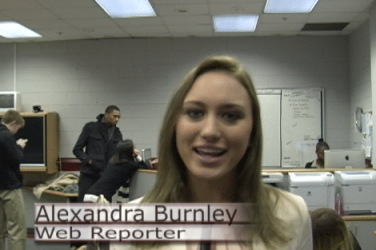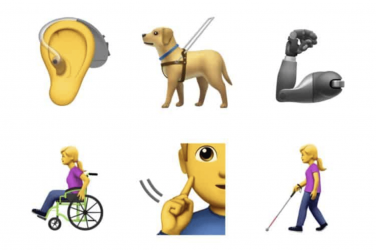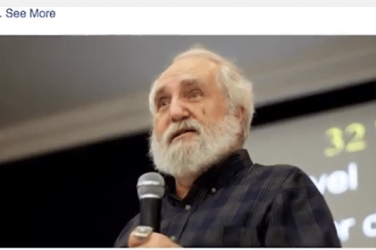Esports has broken into mainstream media and become a $1 billion industry over the past few years. Leagues have formed around individual games, like Tom Clancy’s Rainbow Six Siege and Overwatch, attracting six-figure investments that finance teams or individual players. This has led to the formation of smaller groups and teams at high schools and universities, such as Esports@UGA, focused around competitive gaming.
ESPN became the first TV network to air an esports tournament during prime time on July 27, 2018, and since then, other networks have followed suit. Viewership ratings for these competitions rival major traditional sporting events. To put into perspective just how popular esports events have become ⏤ according to Business Insider, more people watched the League of Legends World Championship in 2019 than this year’s Super Bowl.
However, esports isn’t confined to only professional leagues and popular Twitch streamers. With the rise in popularity, more colleges and high schools have embraced the esports industry and established teams and groups dedicated to different video games. Georgia has even become one of the few states where esports is a sanctioned high school sport.
Despite what your parents probably think, gaming isn’t just about sitting around chugging Mountain Dew in front of a computer. Video games can create an avenue where players can make the most unlikely of friends. Since many online games don’t require players to be in the same room to participate, the accessibility to play allows people from almost anywhere.
Gaming and esports i think is so popular because it is so accessible. I don’t mean for kids and for adults –– I mean for people of all sizes, all ages, sexes and all disabilities” –– A.C. Williams, Former Esports Event Director
For the members of Esports@UGA, a gaming club at the University of Georgia, it isn’t just about winning ⏤ it’s about those unlikely friendships and bonds that can form along the way. These students have built a community around what they love, forming relationships that last even after college careers are over.
The Esports@UGA group provides a snapshot of how esports is affecting communities all over Georgia and how it brings people together in ways that wouldn’t be possible without video games.
This story is a collaborated effort between Rachel Larson, Austin Eller and Josiah Byler. Rachel Larson is a senior majoring in journalism in the Grady College of Journalism and Mass Communication at the University of Georgia. Austin Eller is a senior majoring in journalism in the Grady College of Journalism and Mass Communication with the New Media Certificate and a minor in Japanese in the Franklin College of Arts and Sciences at the University of Georgia. Josiah Byler is a senior majoring in journalism in the Grady College of Journalism and Mass Communication at the University of Georgia.








Show Comments (0)